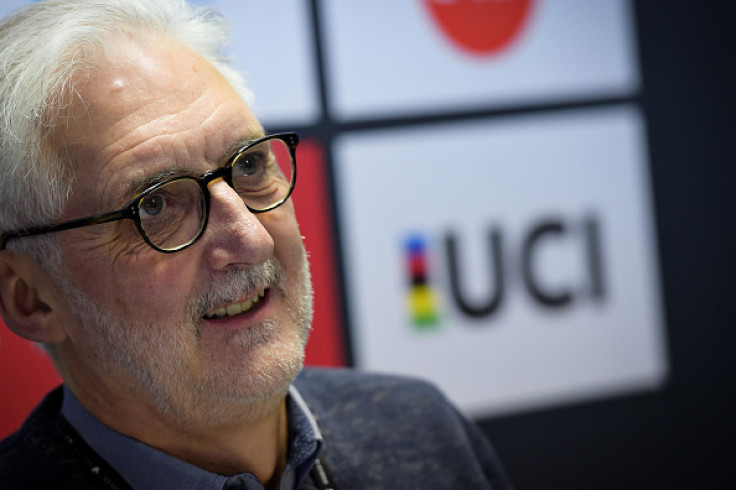Cycling world hit by 'technological doping'

Union Cycliste Internationale (UCI), the governing body for international cycling, has said it has detained a bike used in international competition to investigate allegations that it contained an electric motor. The organisation's head has termed it "technological doping".
The female Belgian cyclist, Femke Van den Dreissche, aged 19, was competing in the coveted Cyclo-cross World Championships in Zolder, Belgium. The French UCI, also known as the International Cycling Union, said it had seized the competitor's bike, pending further investigation.
Technological fraud is unacceptable. We want the minority who may consider cheating to know that, increasingly 1/2 pic.twitter.com/kxz3Phct7P
— Brian Cookson OBE (@BrianCooksonUCI) January 31, 2016
In a statement, UCI president Brian Cookson said: "It is no secret that a motor was found. We believe that it was indeed technological doping."
Van den Dreissche has categorically denied the allegations and maintains that she had no prior knowledge of the motorised bike. She also claims that the bike seized by the UCI does not belong to her. "I didn't know anything about it. I don't know how that bike got there. I was surprised to see that bike standing there. It's not my bike. There's been a mistake," she said.
The Italian manufacturer of the bike, Wilier Triestina, said it intends to sue Van den Dreissche. Andrea Gastaldello, managing director of the Italian sports goods manufacturing firm, said she was "stunned" by the news. "Our company will take legal action against the athlete and against any (person) responsible for this very serious matter to safeguard the reputation and image of the company," she was quoted as saying by Yahoo News.
The teenage cyclist has since been forced to withdraw from competing in the event and is facing a six-month suspension. Should the UCI investigation find her guilty, she may also be fined between 20,000-200,000 Swiss Francs (£13,666-£136,668) under new UCI penalties introduced in 2015. The revised sanctions also penalise teams involved in mechanical doping. Under the new guidelines, teams can face potential ban from the sport and an overall fine of up to 1m Swiss Francs.
© Copyright IBTimes 2024. All rights reserved.






